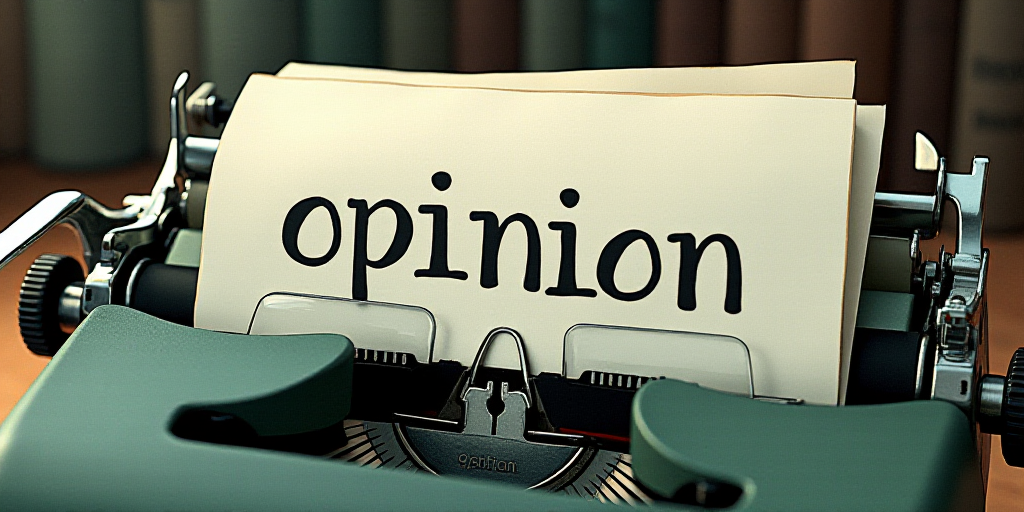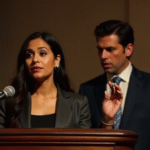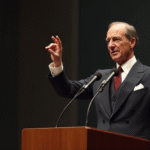Introduction
In the month dedicated to Intellectual Property, much discussion and reflection has taken place regarding the impact of generative artificial intelligence (AI) on copyright, particularly in the music industry. This topic has been central to this year’s focus according to the World Intellectual Property Organization (WIPO). In Mexico, it has been analyzed in forums held by both legislative chambers, the National Copyright Institute, and recently concluded at the International AI Congress organized by the Chamber of Deputies and the Polytechnic Institute of National Education.
Diverse Proposals and Ethical Concerns
The topic has sparked enthusiasm, highlighted its importance, and provoked debate. The author expresses concern about whether we are adequately addressing the issue, considering ethical aspects and the impact of regulatory proposals on creativity. Questions arise about where ethics fit in, and whether uncertainty caused by technology and the current regulatory framework is worse than inadequate regulation for AI-generated content.
Normative and Economic Perspectives
Among the various proposals, normative approaches stand out—regulatory perspectives advocating for copyright “updating.” Others view the issue as an economic matter, focusing on paying copyright holders and related parties. Contradictory proposals mix copyright and industrial property terms or propose magical solutions borrowed from the copyright system.
AI-Generated Content and Rights
Some proposals aim to grant rights to AI platforms for significant creative contributions, questioning why an AI platform would need ownership over synthetic results. Others propose titularship for AI platforms to determine responsibility for generated content, but question whether ownership and authorship establish legal responsibility for AI use or its outcomes. There are also plans to create registries for AI-generated works, despite copyright’s move away from formalities to encourage creativity.
The Broader Context: Ethics, Law, and AI
The debate reflects broader contradictions between ethics, law, and AI. The author argues that the challenge is greater than initially perceived, with numerous, sometimes conflicting, interests complicating the path to solutions. Analyzing the situation thoroughly reveals that copyright is not the sole solution for AI challenges, nor necessarily the most efficient one.
Balancing Author Rights and AI
An effective regulation could strike a balance between author rights and AI, providing practical solutions. Conversely, misguided regulation could legitimize data extraction using copyrighted works as sources, widen the value gap between creators, AI platforms, distributors, and users, strengthen tech monopolies, create power imbalances between creators and other rights holders, and reduce creative processes to mere cost-cutting exercises. This would undermine cultural diversity.
AI Creativity and Human Creativity
Considering AI creativity for copyright protection dehumanizes human creativity, either implicitly or explicitly. It also implies that AI algorithms analyze our tastes and consumption criteria (already happening) and determine what we consume, shaped by analysis and prediction criteria.
Updating Copyright Laws
The author agrees that copyright laws must adapt to new technologies, including AI. However, any updates should prioritize effective protection mechanisms for creators and human creation, ensuring fair and transparent remuneration without barriers to knowledge or culture. This approach fosters diversity in cultural creation, though much work remains to be done.






